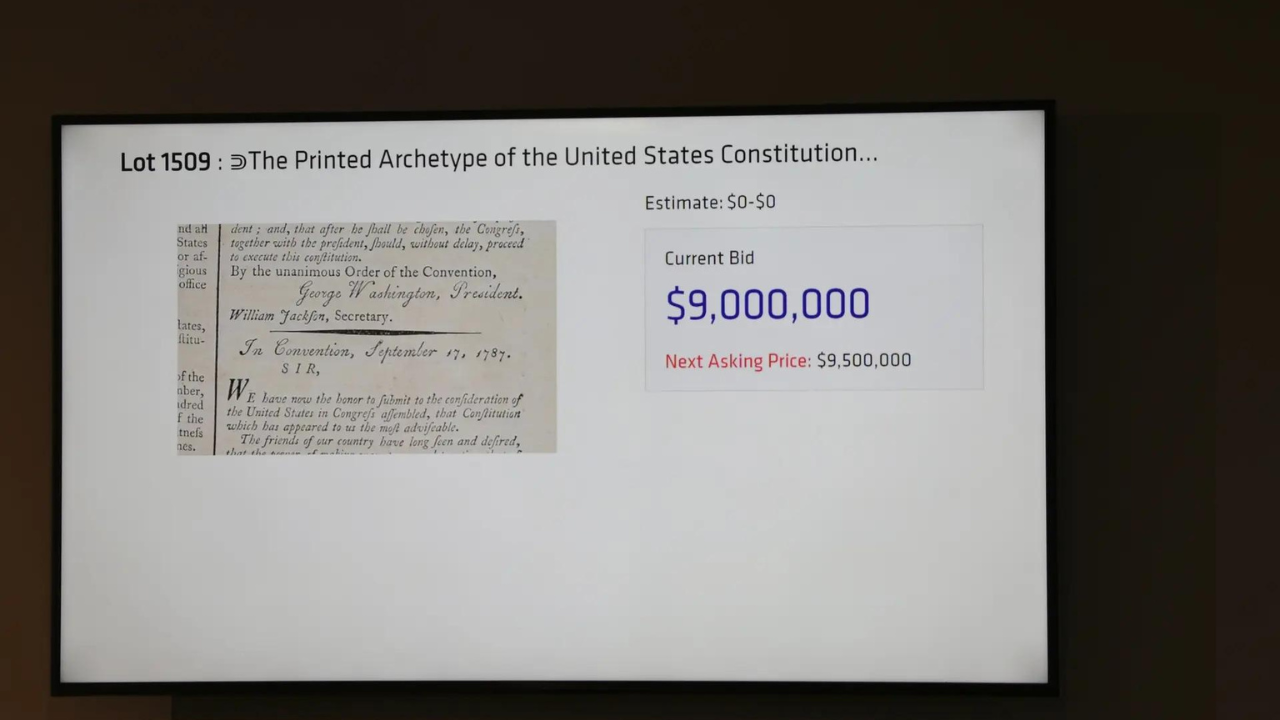ARTICLE AD BOX
THIS is one of many of China’s ghost towns that have been taken over by farmers which see goats live around the shells of luxury mansions.
The eerie complex is located in Shenyang City, 400 miles northeast of Beijing.
 AFP
AFP AFP
AFP AFP
AFPIt features over 100 abandoned luxury mansions in that have been abandoned mid-construction by its overzealous property developer.
Greenland Group broke ground on the project in 2010 in the middle of a property boom which saw developers take on debt to build homes ahead of demand.
It invested £176 million in this site alone, The Wall Street Journal reports.
But now, Greenland is one of over 50 housing developers that have defaulted on their debts in recent years.
China’s developers and buyers have “tremendous faith” that the value of their property will steadily creep up – and prices won’t crash,” Max Woodworth, an expert in Chinese urbanisation, previously told The Sun.
In 2023, Greenland defaulted on over £307 million worth of international bonds but no official explanation was ever given as to why construction abruptly ended.
Greenland only sold 5% of the homes at the State Guest Mansions project in Shenyang before construction ended.
But the property developer is not alone as there are around 20 million pre-sold and incomplete homes sitting empty in China.
However, in total there are around 65 million surplus homes in the country.
With the crystal chandeliers, large stone pillars, and grand spiral staircases left to crumble to dust, local farmers have moved their cattle in.
Now, like a post-apocalyptic scene, goats and cows wander around the incomplete European-style villas in a bizarre and eerie combination of extreme urbanisation and nature.
Images from the development show cows in make-shift pens made from the crumbling verandas and arches.
Meanwhile, the interiors of some of the buildings looks like time has stood still with paintings and maps still on some of the walls and the decadent light fixings and other furnishings still in their place.
TOP PRIORITY
The reclamation of the land by farmers symbolises an issue of high priority for the country and its leaders.
China’s 2023 No. 1 central document, the first policy statement released by top authorities every year, declared safeguarding national food security and farmland as of key importance.
Explainer: China's property crash
China's property market is suffering a major crisis with a surplus of 65 million homes, defaulting property developers, and falling prices.
Property gave the country’s economy a huge boost and heavily contributed to China’s GDP.
In 1998 the state deregulated property sales, making it a much more secure investment.
With this, prices increased and more housing was built to cater for an ever-growing population.
Property developers urged by the state to make large investments reaped huge rewards in terms of profit which in turn drove rapid expansion.
The boom continued for as long as prices continued to rise and houses were being built before the demand of people looking to move in was there.
Property accounted for about 30% of the country’s booming economy but then the boom stopped when investment reforms were put in place on those buying up property as the state wanted people living in these homes.
By selling homes before they were even built, the construction of these properties depended on the sale of future ones.
The industry was entirely reliant on this format of building and so after the reforms, demand plummeted and prices crashed which in turn saw the property developers fail to pay their debts.
Source: Economics Help UK
Such issues have been continually held in high regard by Xi Jinping since he took to office in 2013.
Since the beginning of his rule, the president has held the firm belief that “the rice bowls of the Chinese people must always be held firmly in our own hand and filled mainly with Chinese grain,” Foreign Policy reports.
According to data from the Ministry of Agriculture and rural affairs, every day the 1.4 billion people in China eat around 700,000 tons of grain, 1.92 million tons of vegetables, and 230,000 tons of meat.
Having to feed such a large population means that land that has been abandoned and left to turn into a ghost-town” can be put to much better use.
This is especially true after the country gave up much of its undeveloped land for other projects.
Between 2009 and 2019, China sacrificed so much farmland for industrialisation and urbanisation that it equates to the size of South Carolina, according to FP.
It is likely that more and more farmers will turn to these ghost towns as a way to expand farming with China’s ongoing property crises due to how it approaches investments and land.
“The land system in China produces strong incentives for city governments to promote real estate and land development as a way to raise to revenue and generate economic growth,” Woodworth said.
It’s not just land that gets abandoned in China, after a graveyard full of untouched Bentley’s and £200,000 Porsches were found deep in a forest.
 AFP
AFP AFP
AFP.png)
 2 hours ago
1
2 hours ago
1








 English (US)
English (US)